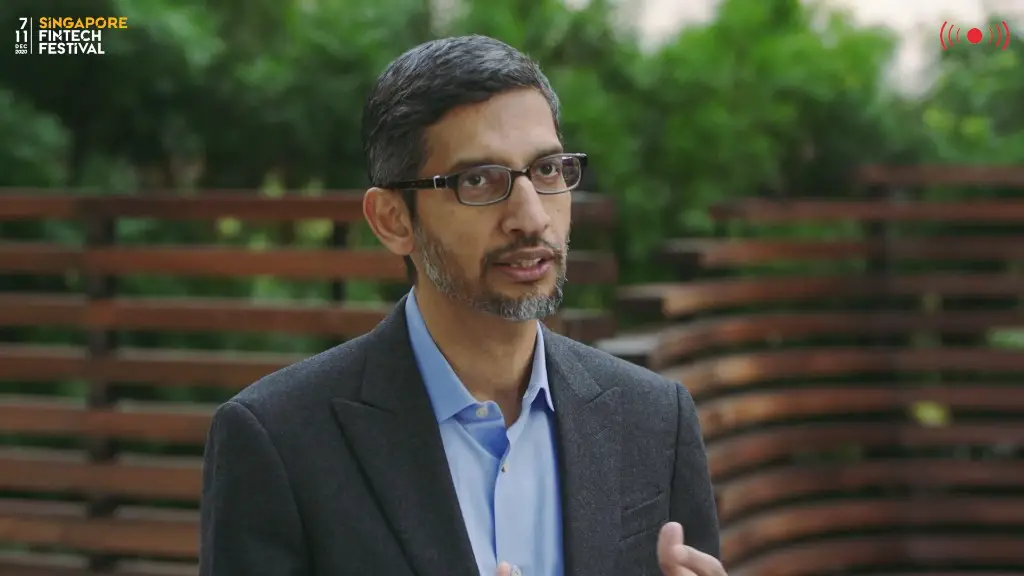Is Mark Zuckerberg a Robber Baron or Captain of Industry?
When it comes to one of the world’s most influential figures, Mark Zuckerberg, it is hard to classify him simply as a ‘robber baron’ or ‘captain of industry’. These constructions have come to symbolize diametrically opposed aspects of corporate leadership. On the one hand, ‘robber baron’ invokes a negative association with ruthless business practices, such as exploitation of market monopolies, on the other hand, ‘captain of industry’ conjures up a heroic image of successful leadership qualities, like introducing pioneering products or having a tireless eye for innovation.
When it comes to Mark Zuckerberg, founder and CEO of the biggest social network of the world, his leadership and career need to be assessed in the light of both these archetypes. Regardless of one’s opinion of his leadership style, it is clear that Mr. Zuckerberg is a striking example of a billionaire innovator who embodies many aspects of both the robber baron and captain of industry.
To begin with, Mark Zuckerberg is obviously no stranger to innovative products and ideas. His monumental success as the creator and mastermind of the world’s largest social network platform, Facebook, is symbolic of the ‘captain of industry’ construct. Under his exemplary leadership and creative eye and guidance, Facebook has accumulated a huge user base of over 2 billion across the globe and a market value of about 500 billion dollars.
His business empire also encompasses other projects as WhatsApp, a mobile messaging app and Oculus, a virtual reality company. All three companies have achieved unprecedented success, creating thousands of jobs and business opportunities, thanks to Mr. Zuckerberg’s innovative mindset.
At the same time, Mark Zuckerberg has also earned a negative “robber baron” reputation due to his alleged lack of clear-cut ethical rules when it comes to competing with rivals. Facebook has been frequently questioned for its acquisition policy, with many accusing the company of buying out smaller competitors in order to solidify its market monopoly.
Another controversial topic is the 2015 acquisition of WhatsApp by Facebook. There have been numerous speculations around the real reasons behind this billion-dollar deal, with many accusing Mr. Zuckerberg of questionable business practices in order to satisfy his ambition to create a closed social media ecosystem around his company.
Mark Zuckerberg’s leadership style and career have been a highly discussed topic among magazine articles, reports and business columns. Experts have mainly divided opinions, ranging from his progressive and innovative character to his shady ‘robber-baron’ style of business conduct.
Market Influence
Whichever archetype one chooses to label him as, one thing is for certain: Mark Zuckerberg has had an immense influence for the digital and online world. During his career, his successes have been transformative and his own ambition has inspired and moved billions of people.
His innovative products have bridged communities and created a platform for business, entertainment and communication. By making the world a smaller place through the virtual reality of his platforms, Mark Zuckerberg became a symbol of the modern age.
All of his projects have been huge successes, both commercially and socially, regardless of whether they can be attributed to a heroic example of industry leadership, or a more controversial ‘robber baron’ style of conduct.
The aforementioned projects, alongside his ‘Internet.org’ project aimed at providing access to knowledge and the digital world in developing countries, are clear indicators of his legacy and the extent of his influence.
All in all, it remains to be determined if Mark Zuckerberg will go down in history as a revolutionary ‘captain of industry’ or a villainous ‘robber baron’.
Monopolistic Approach
To date, Facebook holds one of the largest market monopolies, with only a few backlashes due to its controversial acquisitions. Of course, acquiring potential competitors is no new thing and the lack of transparency in Zuckerberg’s business conduct can’t be disputed.
On the other hand, it takes a major business acumen and vision to create and sustain such an empire. Critics might object to his monopolistic style, but Mr. Zuckerberg’s ambition and his will to constantly innovate and create is a hard thing to refute.
Ultimately, the jury is still out on whether Mark Zuckerberg should be labeled a ‘robber baron’ or ‘captain of industry’. Whether his acquisition policies are to be applauded or criticized, one thing is for certain: Mark Zuckerberg has without a doubt changed the way we use and interact with technology in a very unique way and is an inspiring role model to many.
Fair Use of Data
Facebook’s user data harvesting is another highly discussed topic that raises the question of ethical use of data. After the Cambridge Analytica scandal, which revealed the potential misuse of users’ private data, Mark Zuckerberg had to give written testimonies to the US Congress regarding this matter and answer allegations of questionable business practices.
Although Facebook’s data collection policies remain murky, and only time will determine if this data was used in a questionable manner, Zuckerberg has promised to further strengthen his company’s data protection and privacy standards in order to ensure the safety of its users’ data.
It remains to be seen if the Facebook CEO will deliver on his promises or if this will be yet another example of a robber baron trying to minimize the consequences of his doings. According to Zuckerberg himself, user data is “only used to improve user experience”. Similarly, he has repeatedly stated that Facebook should be a platform for self-expression and that users should be in complete control of their personal data.
Whether or not one believes his words, it is clear that Mark Zuckerberg has been put under a financial and public scrutiny when it comes to data privacy and whether he will be able to deliver on his promises is yet to be seen.
Political Influence
Mark Zuckerberg’s political influence is another much-discussed topic. The Facebook CEO has been accused of using his company’s power in order to create further economic and political influence.
Critics have called for more regulation of the social media giants, claiming that if left unchecked, these companies could develop a dangerous level of influence.
On the other hand, Zuckerberg himself has repeatedly stated that his company should not be viewed as a ‘political entity’ and expressed his willingness to work with authorities in order to maintain a balanced approach to his business conduct. He has expressed his view that Facebook should strive to become a platform for democracy and accurate reporting.
Being one of the most powerful figures in the business world, Mark Zuckerberg continues to be in the spotlight. With his legal status being challenged on a number of issues, these next few years will be important in determining whether he will become an aquitted robber baron, or a fully acquitted ‘captain of industry’.
Social Impact
While Mark Zuckerberg’s success and influence cannot be disputed, many are highly critical of the impact of his projects on society. There have been numerous reports of cyberbullying, trolling and hate speech on Facebook, which leaves some to question the social implications of the platform.
However, at the same time, it must be acknowledged that Facebook has positively impacted society as well, by providing access to information, entertainment and political dialogue in a unprecedented way. It has been used as a platform for raising awareness of various causes and has been a great asset to social movements.
At the end of the day, reports of the negative effects are balanced out by many accounts of positive impacts, and the social implications of the Facebook platform remain a highly debatable issue.
Successful Leadership
Regardless of one’s opinion of Mark Zuckerberg’s character, it is hard to deny that he is one of the most successful, if not the most successful, business tycoon of this age. After only two decades in the business world, Zuckerberg has made a name for himself as one of the most influential figures in technology history.
He has been cited as an innovator and businesses leader and made risk-taking decisions that paid off in a big way. He has led and created one the most successful business empires the world has ever seen and is an example of how ambition and passion can lead to tremendous success.
Whether Mark Zuckerberg can be classified with one of the two typical corporate archetypes or is a mix of both, his influence as an entrepreneur and ground-breaking businessman cannot be underestimated.



